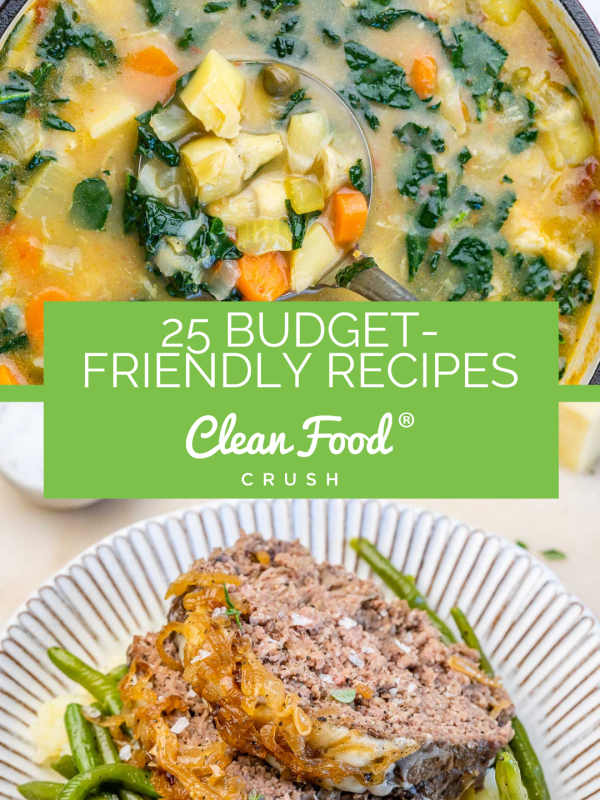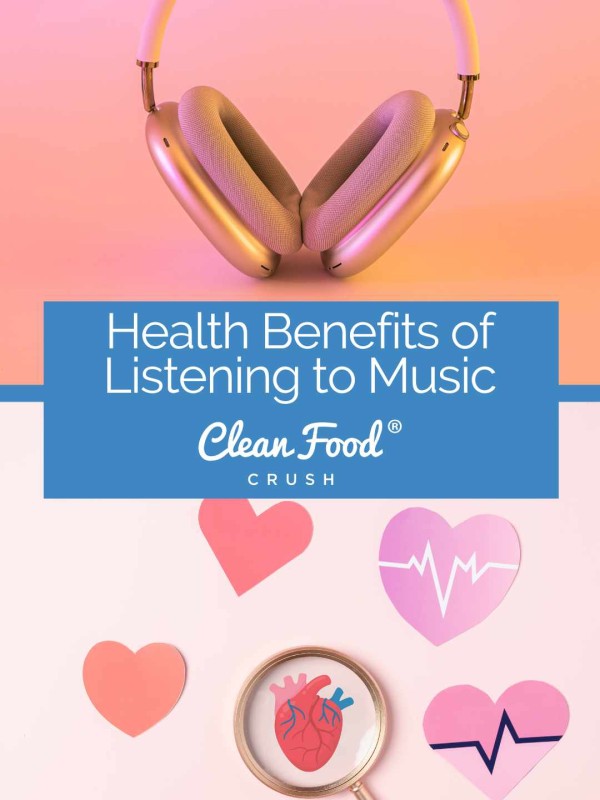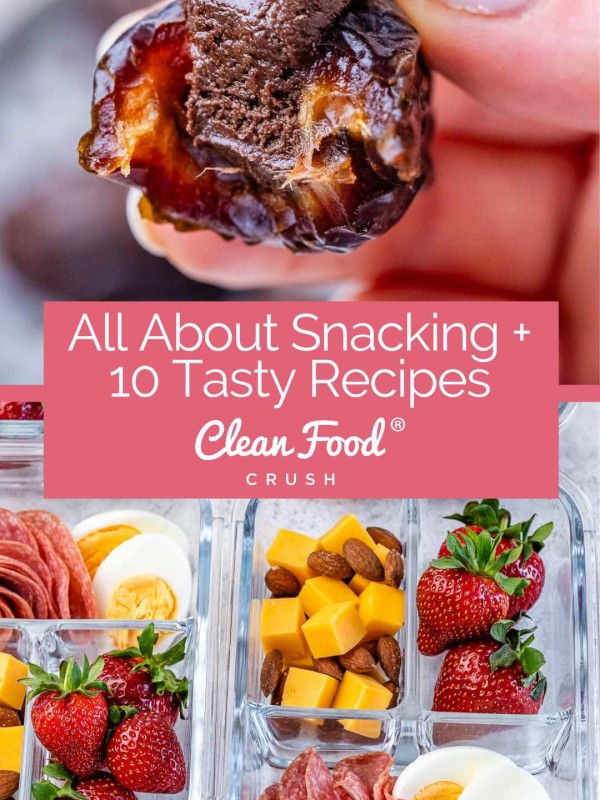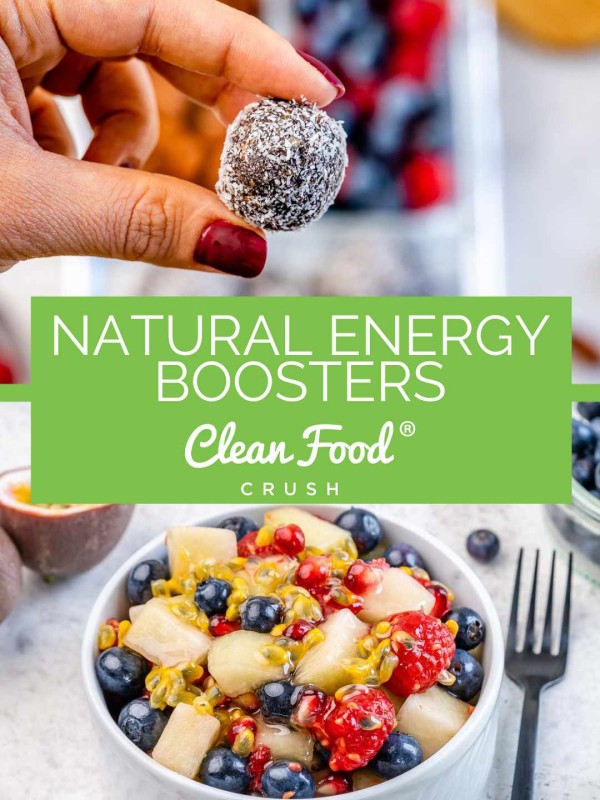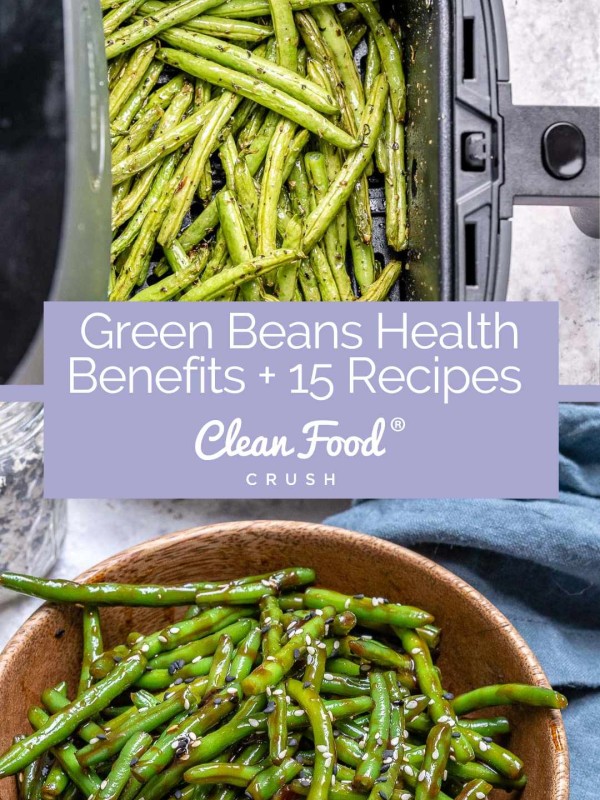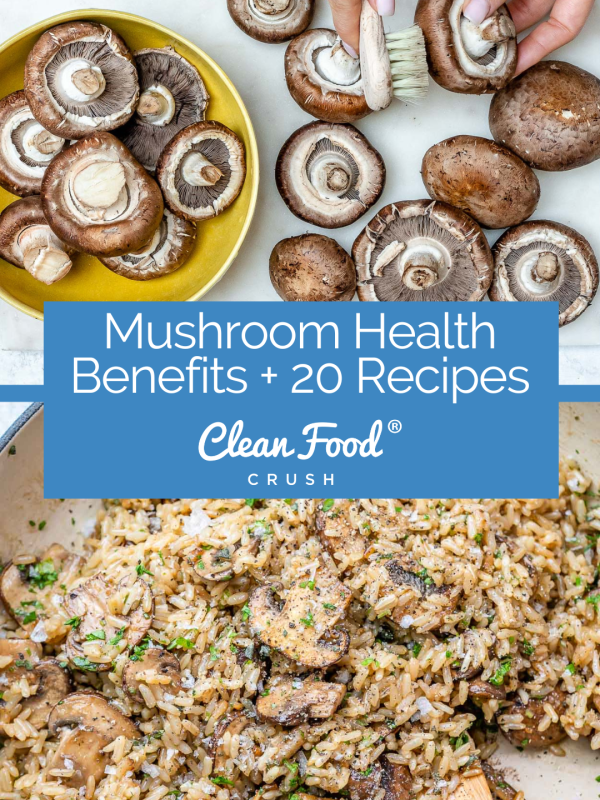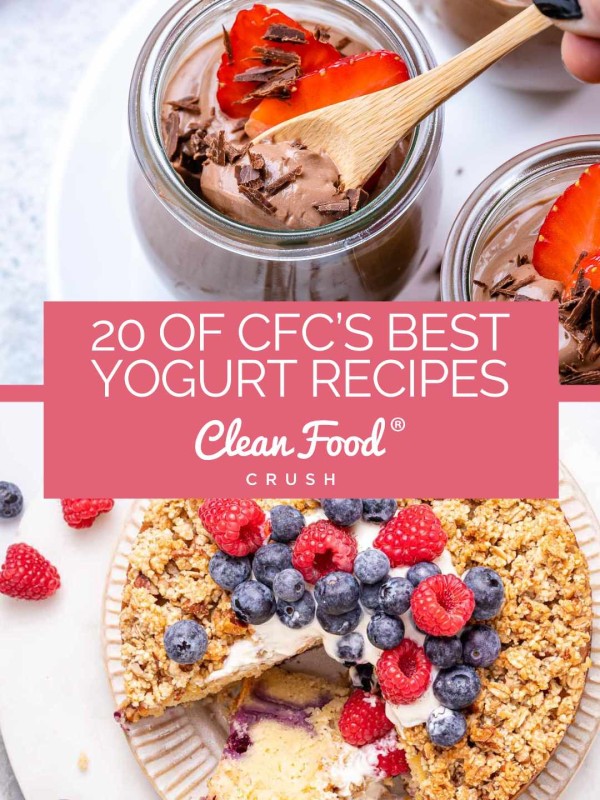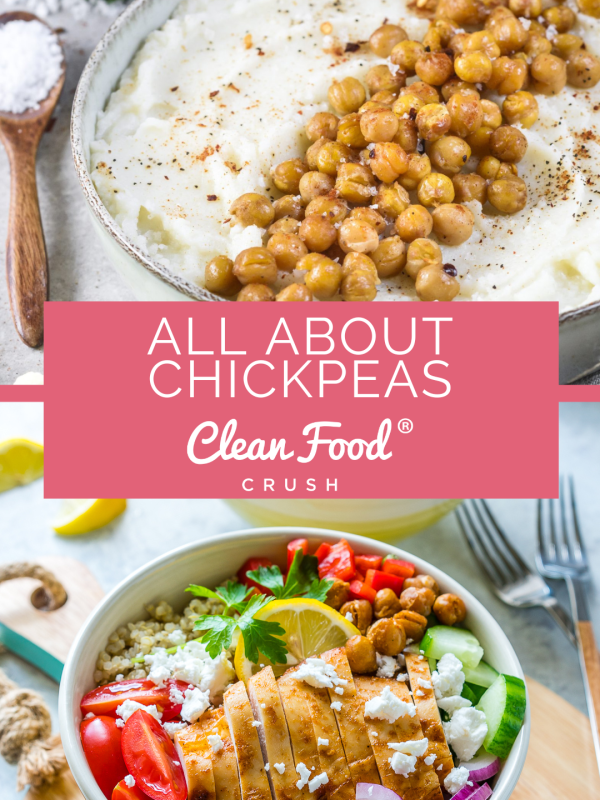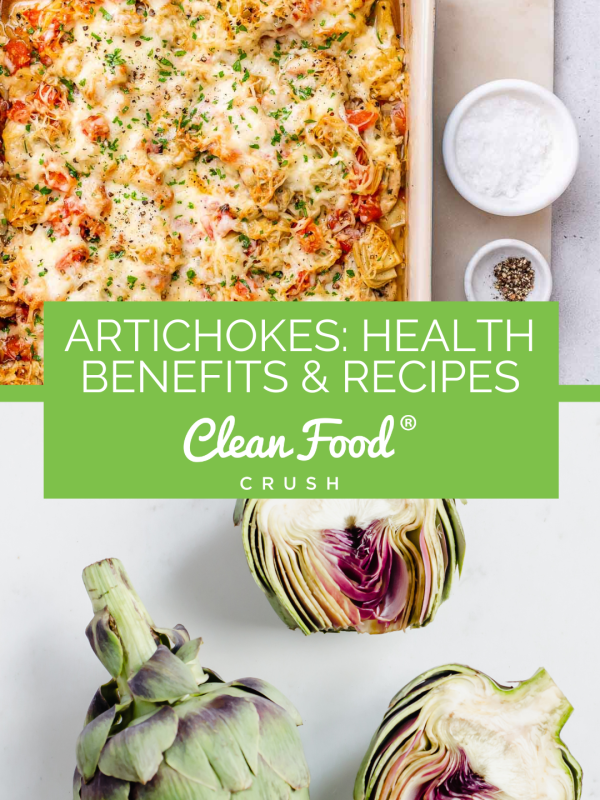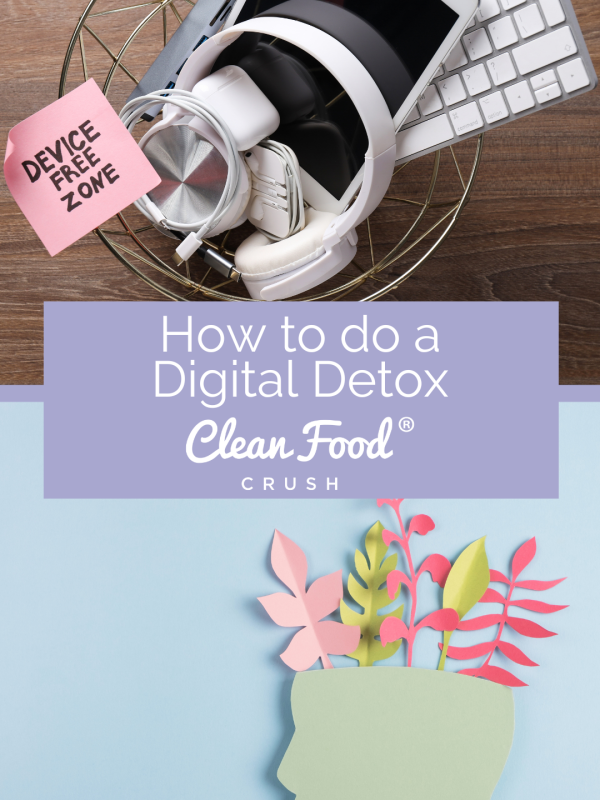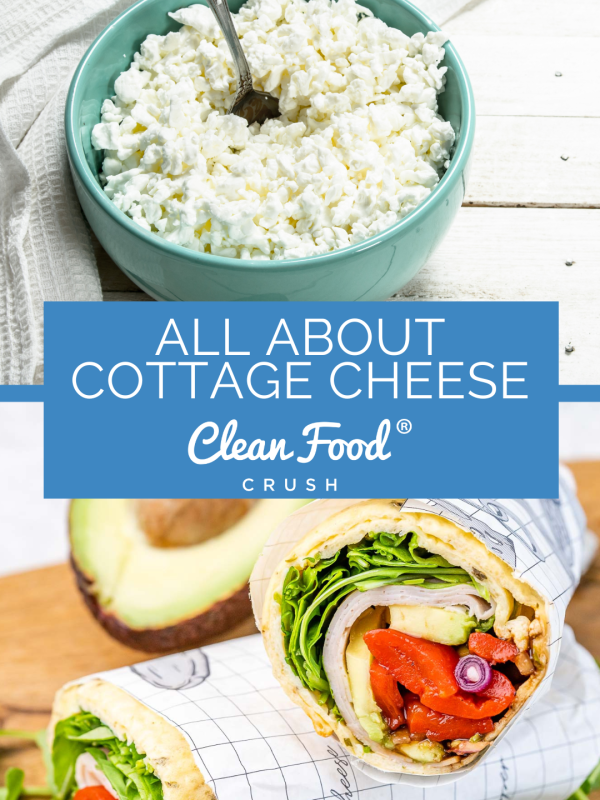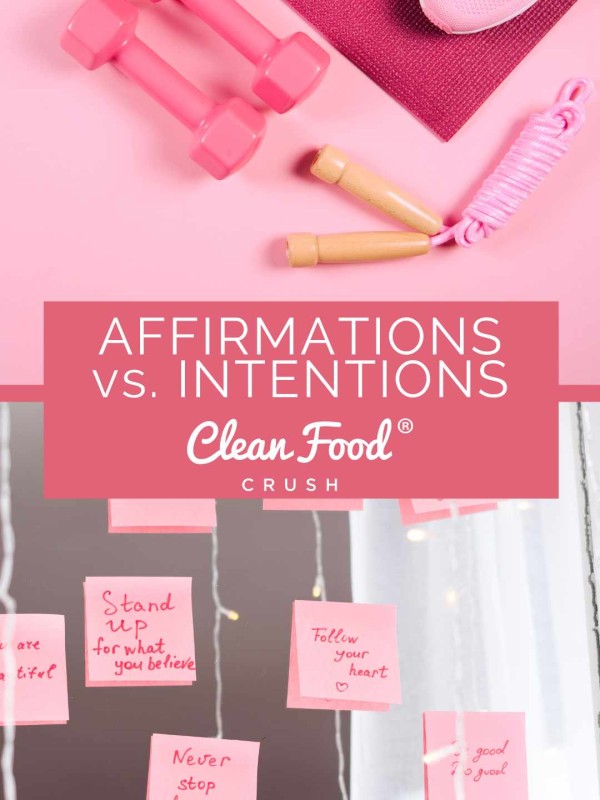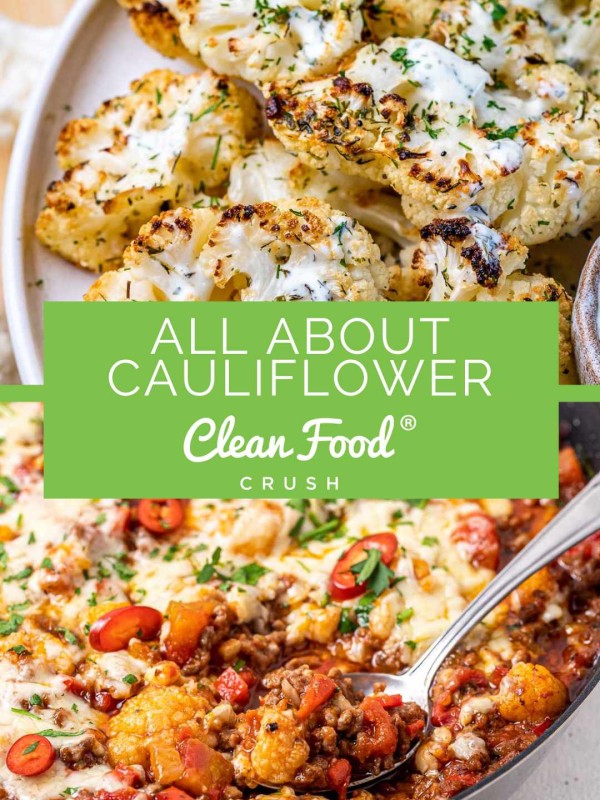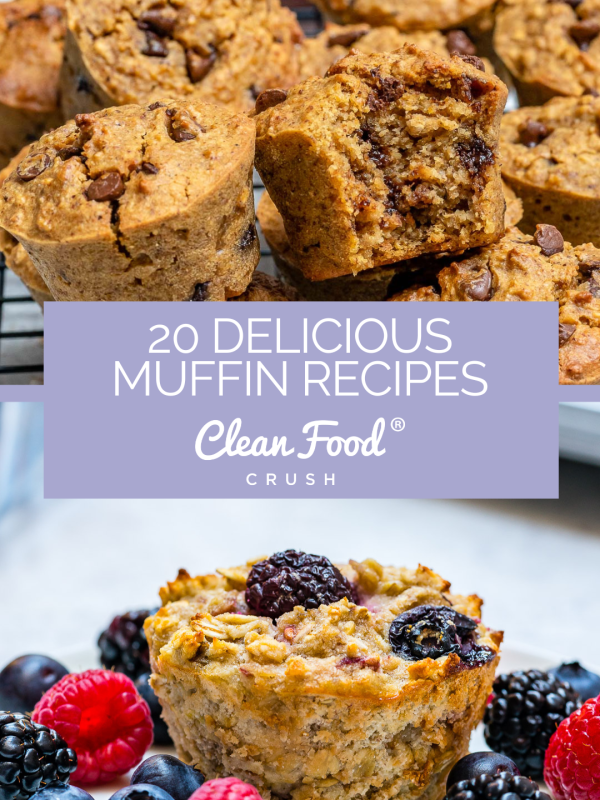This post contains affiliate links. Please see our disclosure policy.
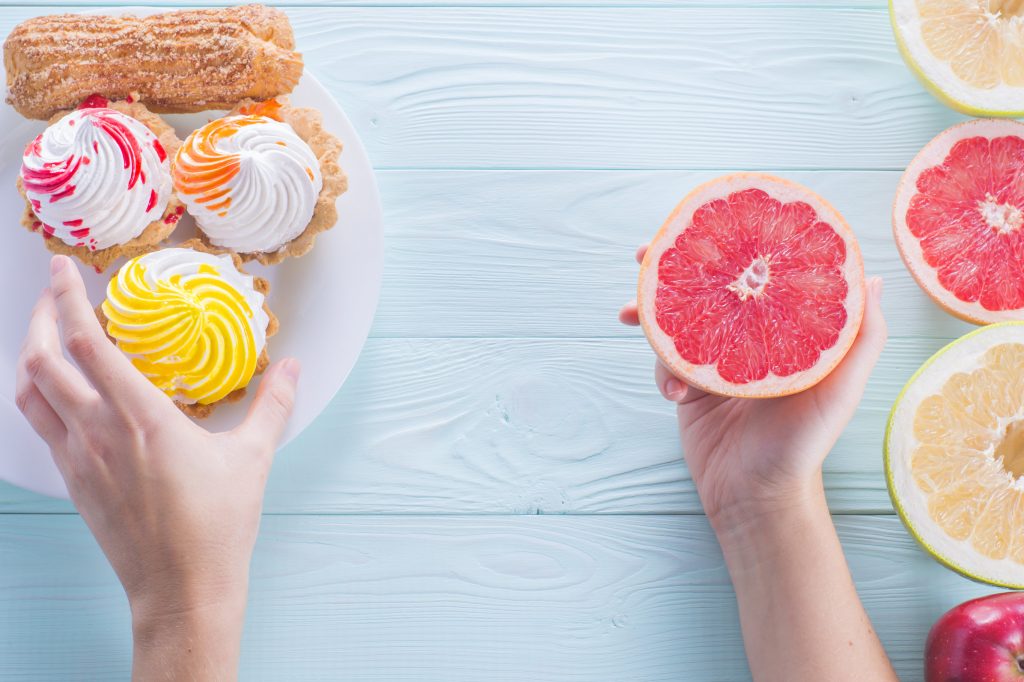
Our hormones are responsible for whether we lose or gain weight, the foods we crave, and almost everything in between.
When our hormones are out of balance, everything can feel hard.
Before you panic, there are nutritional protocols and foods that can support, nourish and bring your hormones back into balance so you can lose weight and feel like the best version of you again!
Here are 5 hormones running the show when it comes to weight loss.
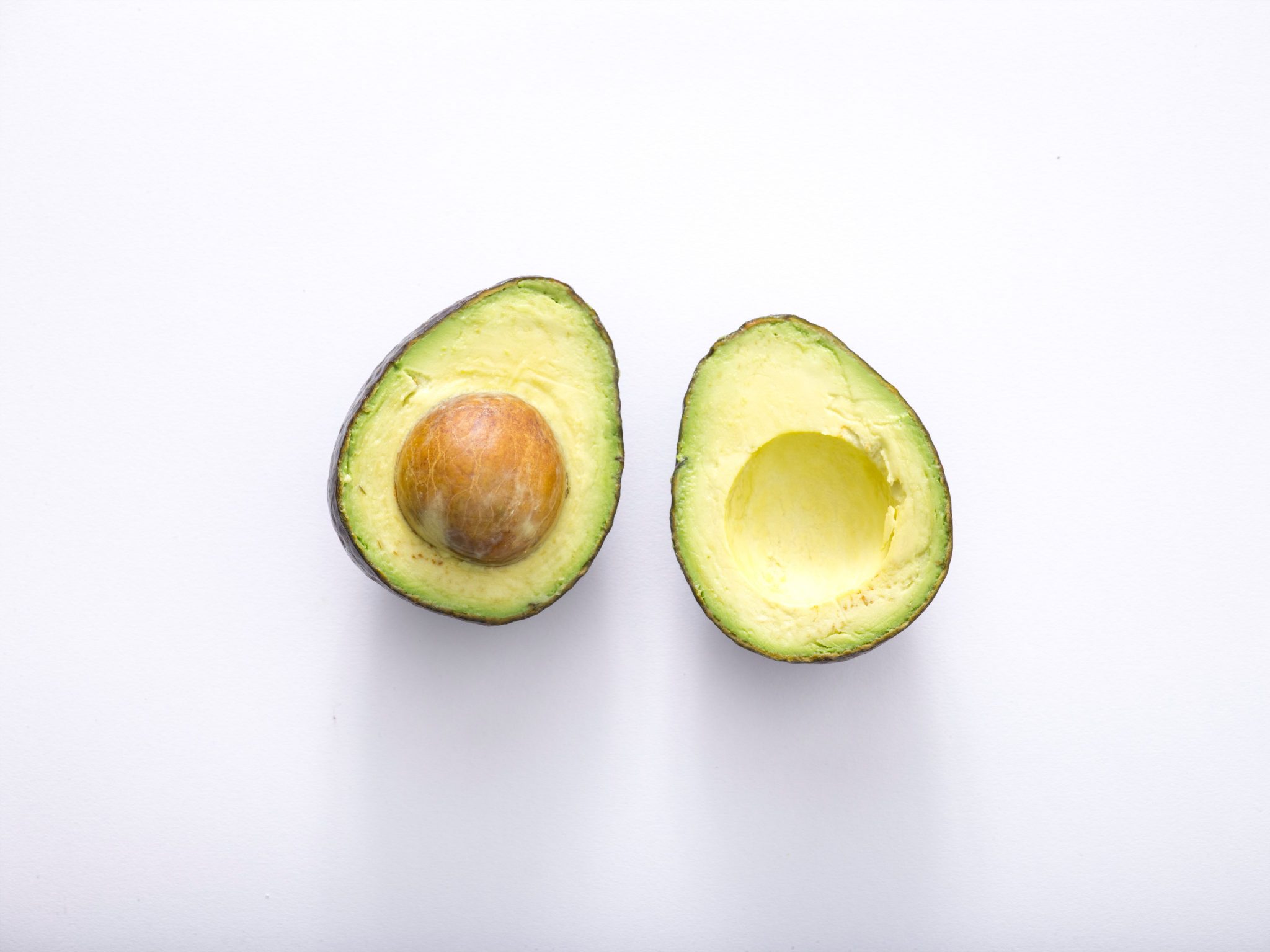
1. Insulin
Insulin is a hormone that regulates metabolism and carries energy to your cells. This hormone is produced in the pancreas, an organ located just behind the stomach. How much insulin you produce depends on your blood sugar levels along with a few other hormones.
When your insulin is fluctuating in an unpredictable pattern, it can cause weight gain, brain fog, chronic fatigue, and even dizziness. This spike can also lead to insatiable cravings for sugar, resulting in a downward spiral when it comes to eating habits! It’s super important to balance your blood sugar levels and insulin by consuming protein throughout the day and minimizing your sugar intake.
In the 30-Day Clean Eating Challenge, we aim for 5 smaller meals per day, with a healthy serving of protein to ward off cravings and keep that blood sugar stable! This helps your body release unwanted weight quickly.
2. Cortisol
Cortisol, is the famous fight or flight hormone. We don’t want too much of it, but we also don’t want too little! If it’s too high, you may find yourself feeling anxious and restless, or turning to food for emotional comfort. Eating a poor diet full of sugar and fried foods can negatively impact your cortisol function, so step one is to Clean up what you eat. The next step is to look at your lifestyle overall. Are you drinking more coffee than water? Do you make time for exercise? And don’t forget sleep! Here are 15 ways to naturally lower your cortisol.
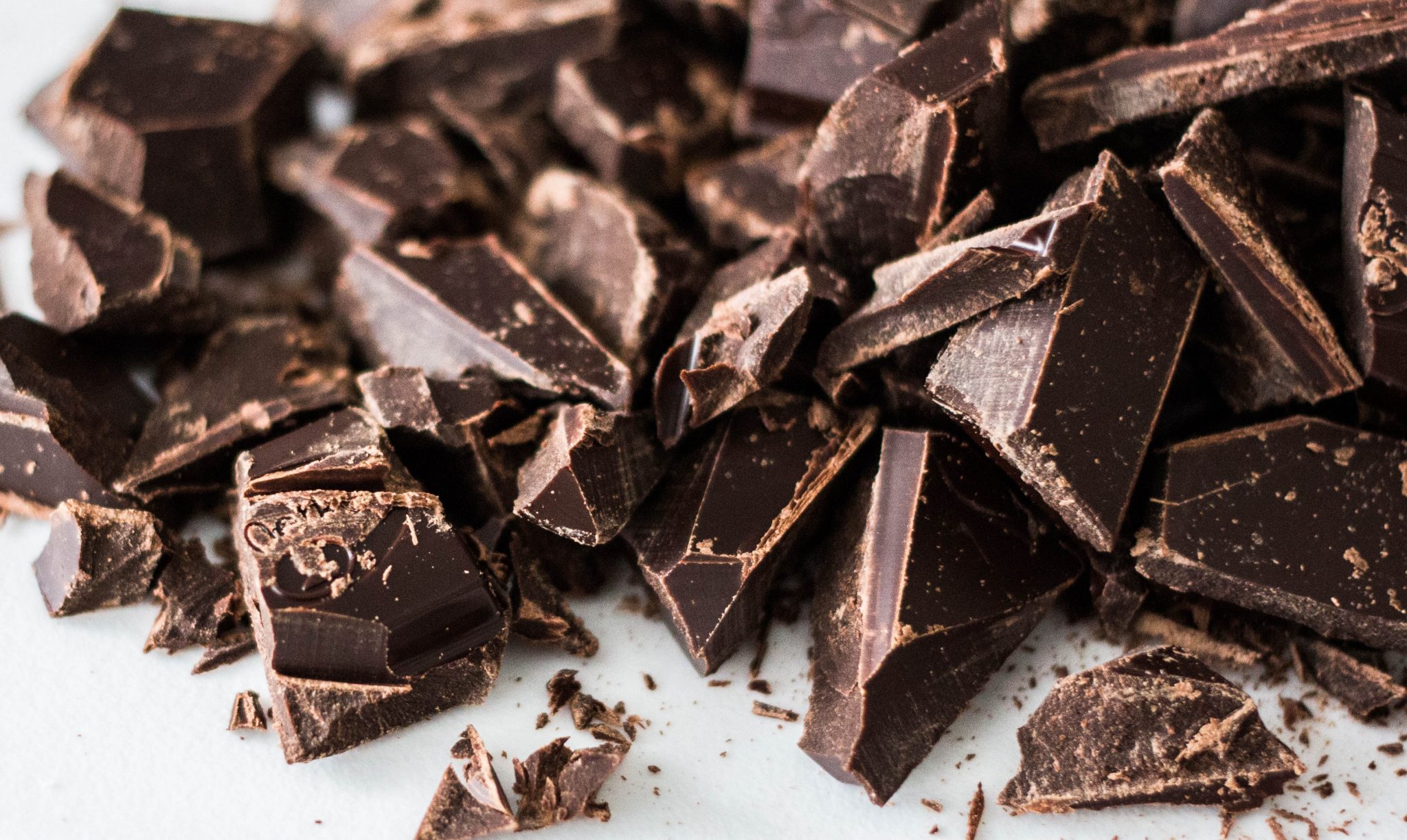
3. Adiponectin
Adiponectin is also knowns as the “protein hormone”, and its role is to regulate your glucose levels and break down fatty acids. When you have higher amounts of this hormone, you’ll burn fat faster. The challenge is that when you have more fat mass, your adiponectin is naturally lower. Taking magnesium before bed can give this hormone a boost. There are also foods that contain specific enzymes and antioxidants that stimulate the production of this protein hormone:
- Omega 3’s, like salmon and fish oils like these ones from Nordic Naturals.
- Spinach
- Avocados
- Pumpkins and Pumpkin Seeds
- Peanuts
- Dark Chocolate is also on the menu.
Here are a few recipes you can try that include these protein hormone-boosting ingredients:
4. Leptin
Leptin is known as “the starvation hormone”. It’s responsible for regulating your appetite and sending your brain signals when you’re satiated after a meal. When this hormone is out of balance, it’s impossible to “get enough” and can lead to excessive over-eating. Leptin is actually reduced when we don’t eat enough – like when we go on a restrictive diet. That’s why in the 30 Day Clean Eating Challenge we encourage smaller, more frequent meals.
We all hear it’s harder to make healthy choices when we’re underslept, and one of the reasons for this is that it impacts our leptin levels! Make sure you’re putting energy towards Clean Eating and getting a good night’s rest if you want to lose weight with less struggle.

5. Ghrelin
Ghrelin is known as “the hunger hormone” and it’s produced in the gastrointestinal tract. How much of this hormone you produce depends on what, and how much you eat throughout the day. Ghrelin is also directly linked to stress, so it’s important to add mindfulness and self-care practices into your day, especially during stressful periods. Too much of this hormone can lead to major cravings and a strong urge to overeat.
To make sure ghrelin is on your side, follow these 5 principles:
- Get enough calories, and be careful not to over-restrict yourself.
- Eat enough protein on a daily basis.
- Sleep well.
- Get some stress-reducing exercise like walking, jogging, swimming, or yoga.
- Avoid processed foods high in preservatives, vegetable oils, and sugar.
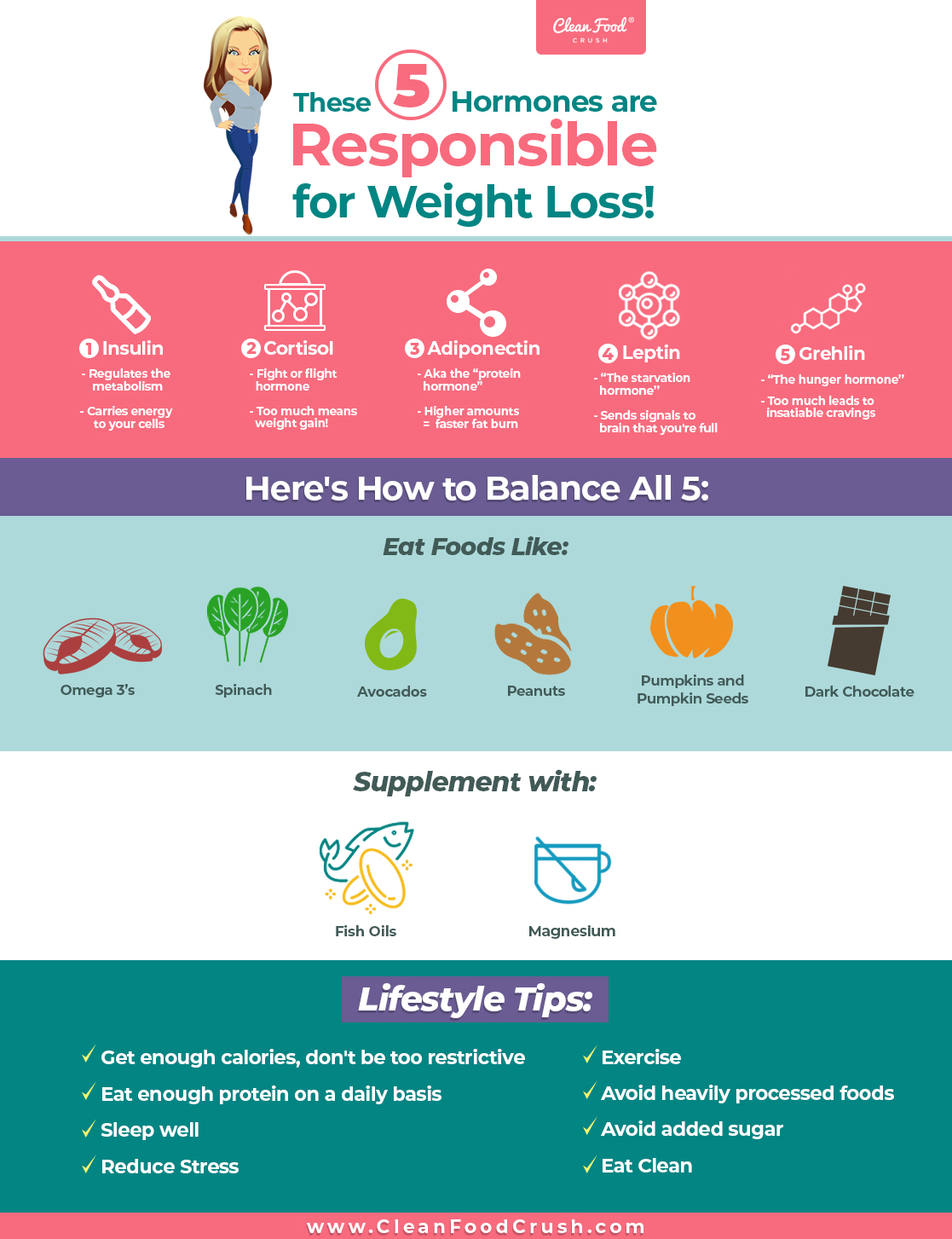
Need support making the transition to Clean Eating? Join us for the 30-Day Clean Eating Challenge and let us guide you every step of the way!




